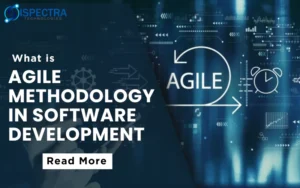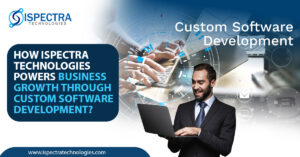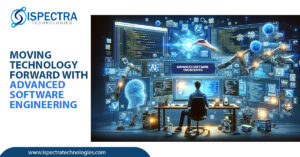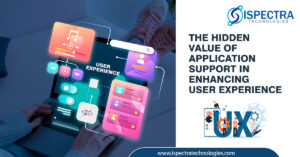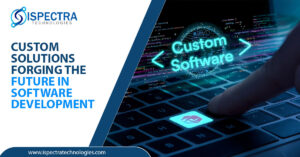Benefits and Challenges of Enterprise Application Integration
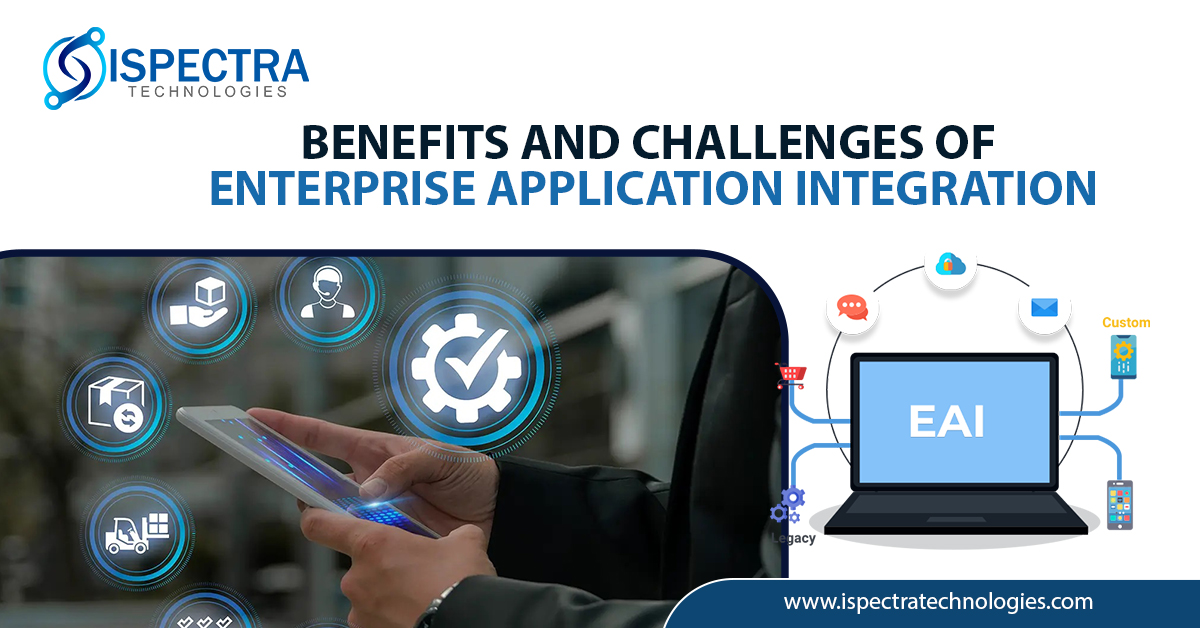
Enterprise Application Integration (EAI) is crucial for businesses aiming to enhance efficiency and productivity. It involves linking various enterprise applications—such as customer relationship management (CRM), enterprise resource planning (ERP), and financial management systems—so they can communicate and function cohesively.
Benefits of Enterprise Application Integration:
-
Improved Efficiency and Productivity:
EAI enables the automation of business processes that involve multiple applications. By eliminating manual data entry and reducing redundancies, businesses can significantly increase operational efficiency and employee productivity.
-
Enhanced Data Accuracy and Consistency:
When applications are integrated, data is automatically synchronized across systems, ensuring that all departments have access to the same, up-to-date information. This reduces errors and inconsistencies, leading to better decision-making.
-
Better Customer Service:
Integrated applications provide a unified view of customer information. This allows customer service representatives to access comprehensive customer data quickly, leading to faster and more effective resolution of customer issues.
-
Streamlined Business Processes:
EAI facilitates the smooth flow of information between different applications, streamlining processes such as order fulfillment, inventory management, and financial reporting. This leads to faster turnaround times and improved overall business agility.
Challenges of Enterprise Application Integration
-
Complexity of Integration
Integrating diverse applications can be complex, particularly if they are from different vendors or built on different technologies. This often requires specialized skills and can be time-consuming.
-
Data Security Concerns
As data flows between applications, ensuring its security becomes paramount. Businesses must implement robust security measures to protect sensitive information from unauthorized access and breaches.
-
Cost and Resource Allocation
EAI projects can be costly, involving significant investment in software, hardware, and skilled personnel. Additionally, ongoing maintenance and support are required to keep the integrated system functioning smoothly.
-
Compatibility Issues
Not all applications are designed to work together seamlessly. Compatibility issues can arise, necessitating custom development or middleware solutions to bridge the gaps.
Best Practices for Successful EAI
-
Conduct Thorough Planning
Before embarking on an EAI project, it’s essential to conduct comprehensive planning. This includes defining clear objectives, understanding the existing IT landscape, and identifying potential challenges and solutions.
-
Choose the Right Integration Tools
Selecting the right tools and technologies is critical for successful integration. Consider factors such as compatibility, scalability, and ease of use when evaluating integration solutions.
-
Ensure Data Quality and Governance
Implement data quality and governance frameworks to ensure that the data being integrated is accurate, consistent, and secure. This includes establishing data standards and policies for data management.
-
Focus on Scalability
Design the integration solution with scalability in mind. As the business grows and evolves, the integration framework should be able to accommodate new applications and increased data volumes without compromising performance.
-
Engage Stakeholders
Involve key stakeholders from various departments in the integration process. Their input and support are crucial for identifying requirements, addressing concerns, and ensuring the successful adoption of the integrated system.
Conclusion
Enterprise Application Integration is a powerful strategy for businesses looking to enhance efficiency, improve data accuracy, and streamline processes. While it comes with challenges, careful planning, the right tools, and adherence to best practices can lead to successful integration projects. By embracing EAI, businesses can unlock the full potential of their applications, driving better outcomes and achieving greater agility in the competitive market.
At Ispectra Technologies, we specialize in delivering tailored EAI solutions that align with your unique business needs. Contact us to learn how we can help you achieve seamless integration and propel your business forward.
Categories
- Cloud Engineering (3)
- Cloud Transformation (11)
- Cyber Security Services (24)
- DPDP (3)
- GDPR Services (6)
- Healthcare (6)
- HIPAA (1)
- ISO 27001 certification (7)
- RCM (1)
- Revenue Cycle Management (1)
- SIEM (2)
- SOC 2 (2)
- SOC 2 Audit (28)
- SOC 2 Certification (1)
- SOC 2 Compliance (16)
- Software Engineering (6)
- Strategic Risk Management (SRM) (2)

